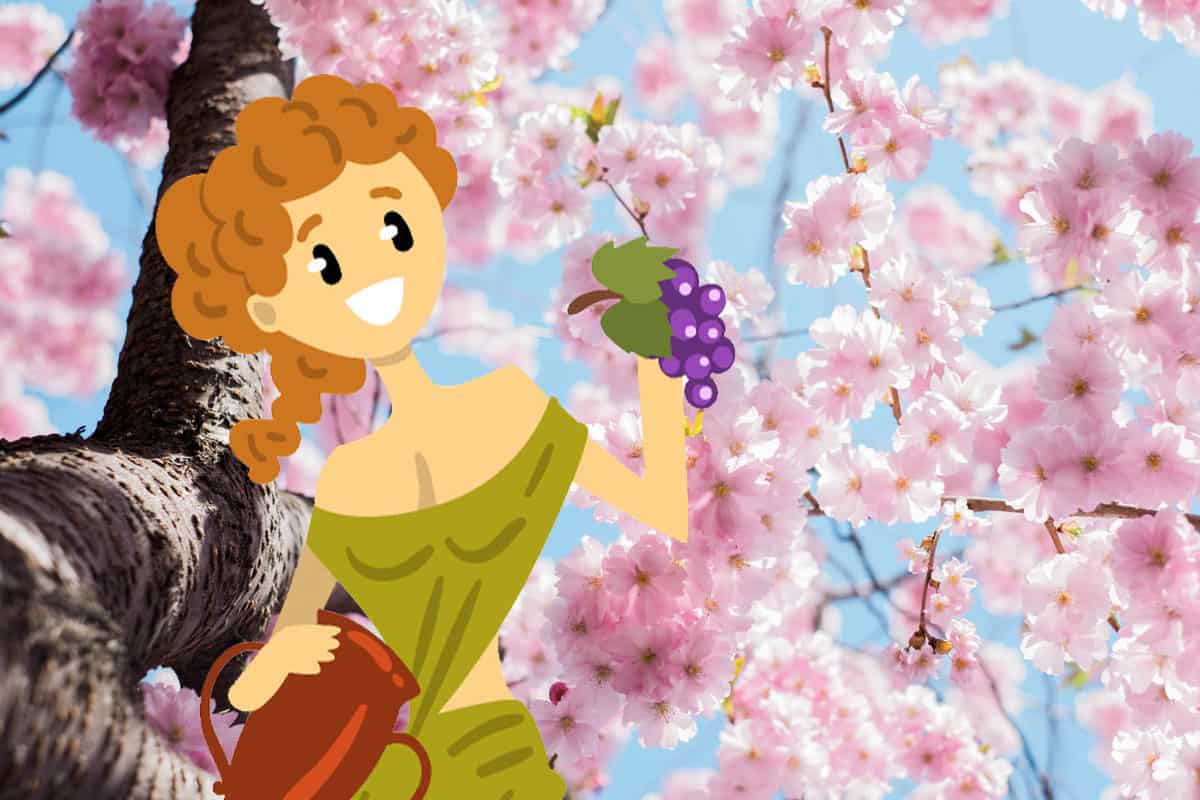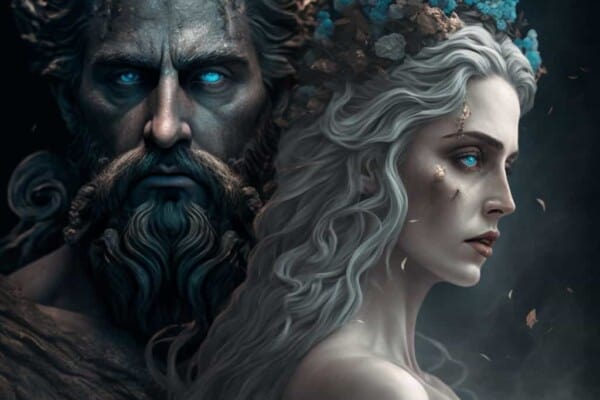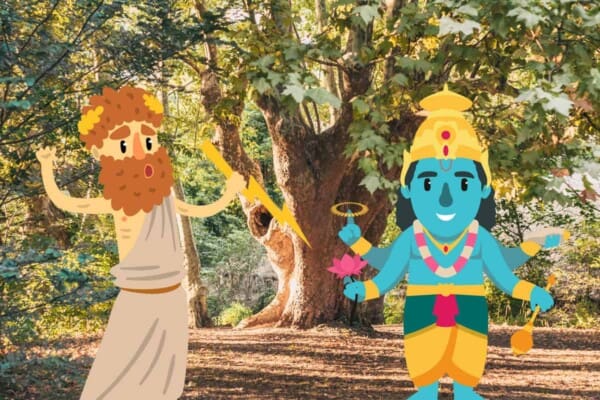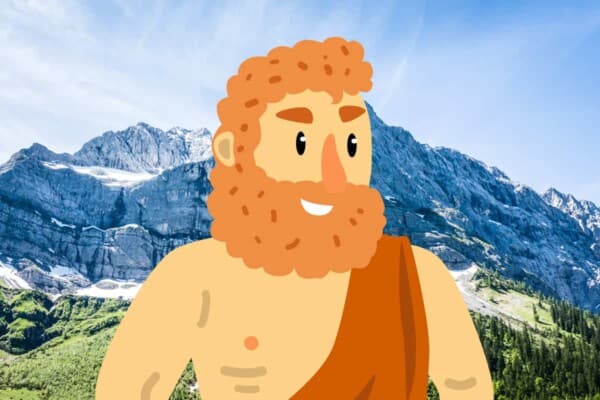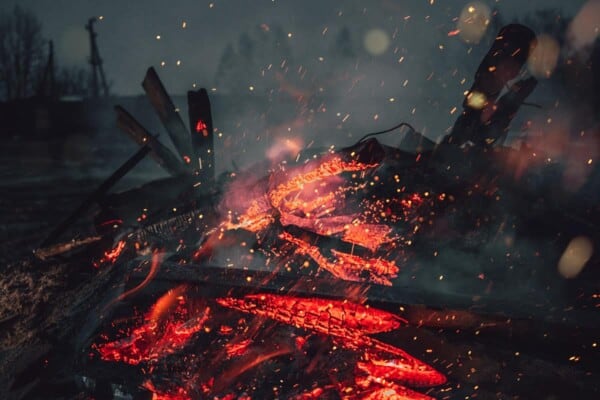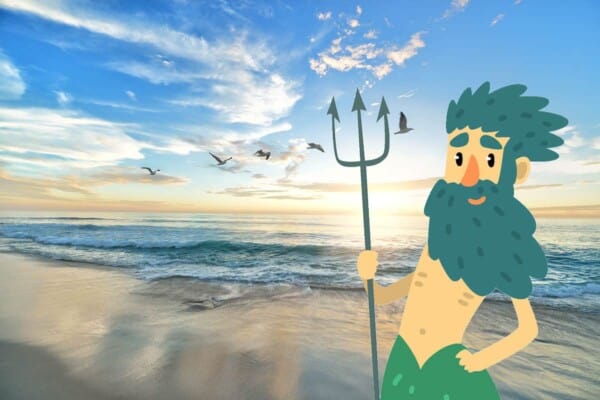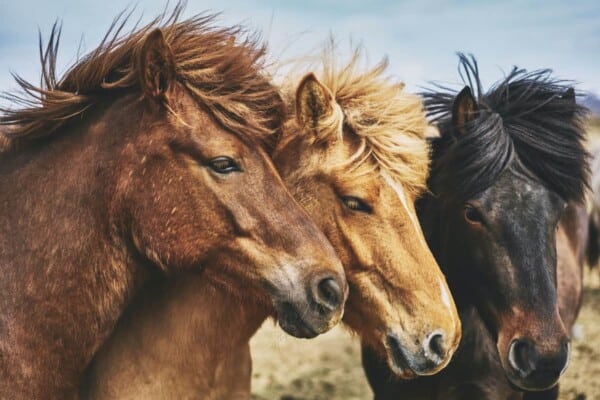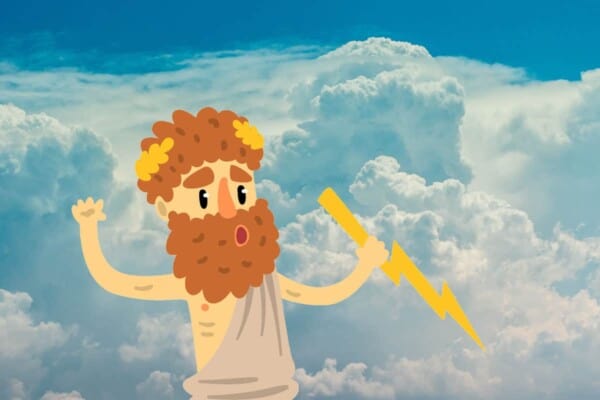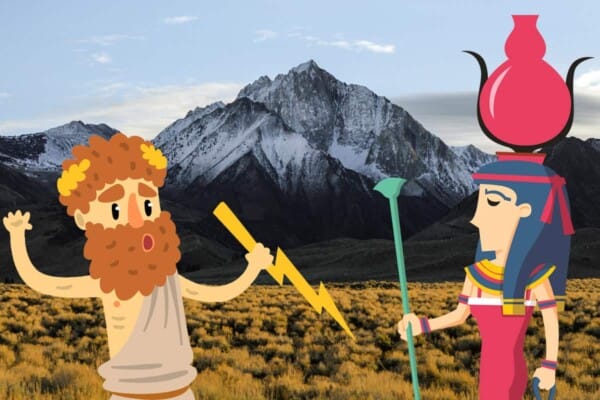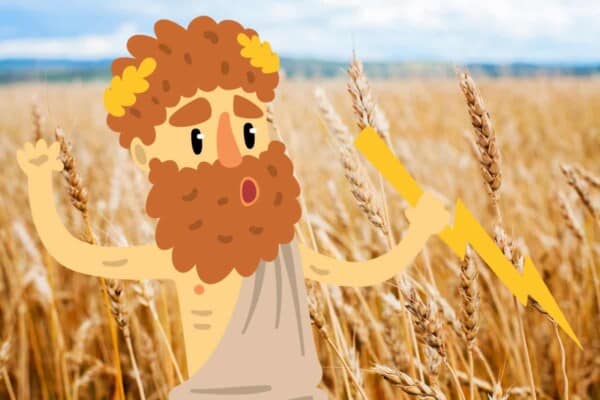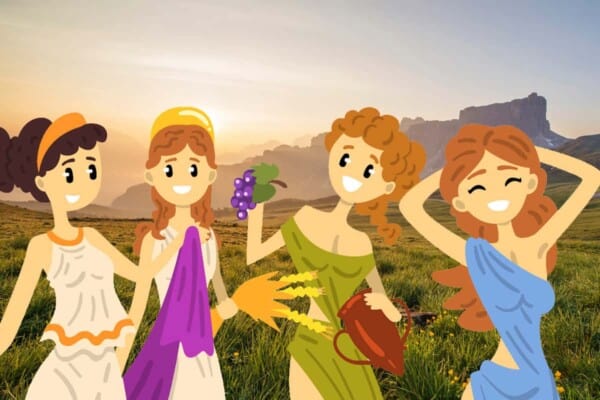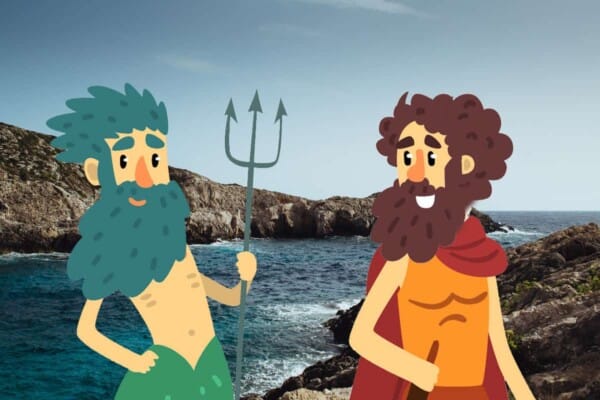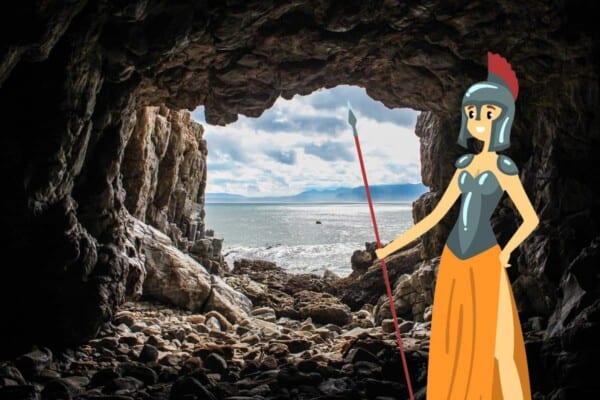Hestia, the Olympian goddess of the hearth, is one of the most forgotten of the major Greek deities. She was a sibling of Zeus and one of the original five gods who were children and overthrowers of the Titans. However, in later myths she either abdicated or shared her throne with her nephew, Zeus’s son Dionysus.
The following facts shine some light upon this fascinating but often forgotten goddess. It shows the role she played in mythology, how and why she was important, and how she deserves to be celebrated just as much as any other Olympian!
Interesting Facts about Hestia
1. Hestia was the firstborn child of the Titans Kronos and Rhea
She was also the first to be swallowed, followed by Demeter, Hera, Hades, Poseidon, and Zeus. When Zeus forced Kronos to regurgitate his siblings, they came out in reverse order, meaning Hestia was both first and last born.
2. She was the only one of Zeus’s sisters with whom he never had children
Hera, his wife, was the mother of his son Ares, and he possibly also fathered Hephaestus. They also had seven daughters. With Demeter, Zeus fathered Persephone, Queen of the Underworld. Hestia, however, spurned all sexual advances.
3. Her brother, Poseidon, and her nephew, Apollo, both proposed marriage to her.
Hestia spurned them both. Poseidon had also been a lover of Demeter (though not Hera). Apollo had many other lovers. After rejecting them, she swore herself to virginity.
4. Hestia was the antithesis of her aunt, Aphrodite
Aphrodite was all about love and sex, while Hestia was avowed in her chastity and the home, much to the love goddess’s irritation.
5. All offerings were given to Hestia first, followed by Zeus
Even though Zeus was the king of the gods, Hestia was more universally worshipped. The hearth was essential to life in Ancient Greece, and so everyone from priest to pauper worshipped her.
6. Hestia’s job was to maintain the hearth of Olympus, and so all sacrifices came in part to her
The hearth was the source of food, heat, and sacrificial gathering on the mountain of the gods
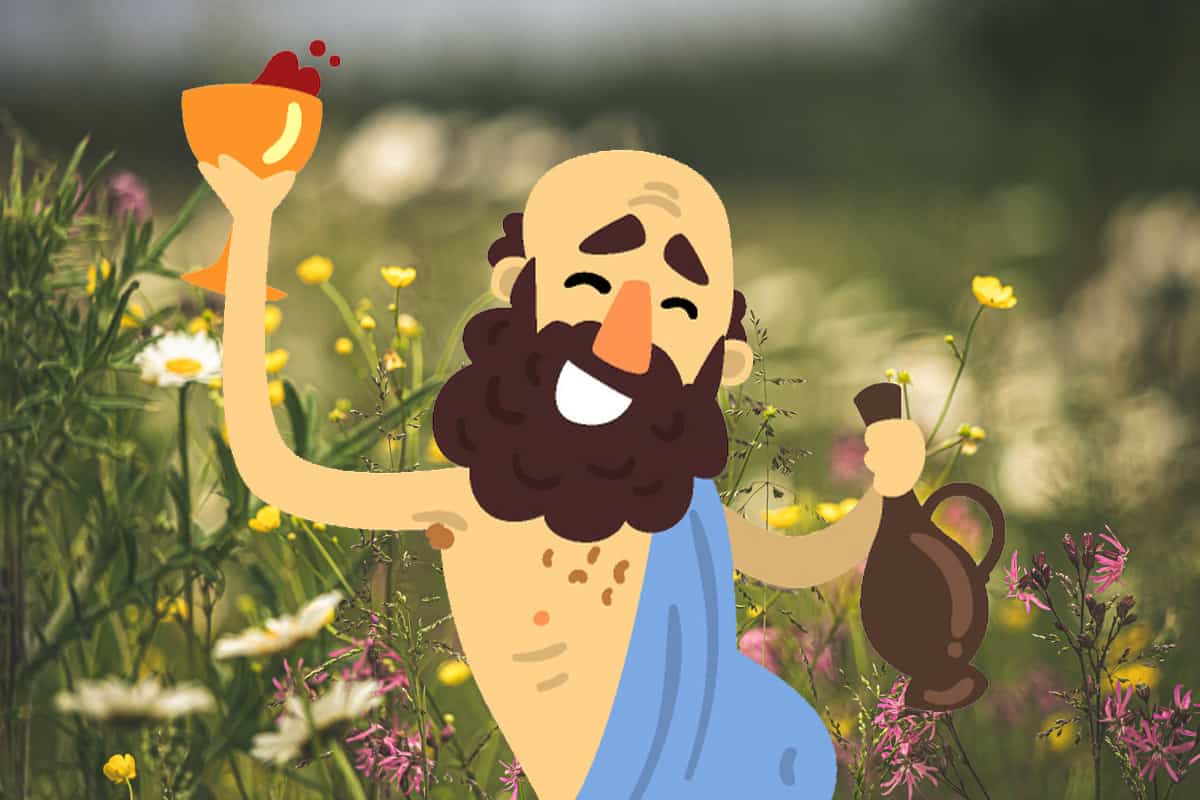
7. She was replaced by Dionysus in later descriptions of the Twelve Olympians, but still featured heavily in myth
Because of this, scholars reconcile their stories by implying that Dionysus and Hestia shared a throne, or that Hestia abdicated in favor of her nephew. The twelve Olympians were Zeus, Hera, Demeter, Apollo, Artemis, Ares, Athena, Poseidon, Hermes, Aphrodite, Hephaestus, and Hestia or Dionysus. Hades, though a god of equal strength, did not count as an Olympian.
8. Her name literally meant ‘hearth’ or ‘fire’
In Modern Greek, the word εστιατόριο (estiatorio) means restaurant. It is taken from ‘Εστία (Hestia) and a word meaning ‘the place where he tends’ in Ancient Greek, translating roughly as ‘the place where the hearth is tended’.
9. Hestia’s Roman equivalent, Vesta, was rarely shown as a humanoid
Vesta was instead shown as the sentient fire of her flame
10. Hestia’s (Vesta’s) Roman cult was one of the biggest and most famous in Ancient Rome
The Vestal Virgins, as they were known, took a thirty-year chastity vow and were allowed to study deeply beyond even that of the priesthood for the continuation of Roman society.
11. The Olympic Flame was inspired by Hestia’s sacred flame
Whenever a new settlement was established in Ancient Greece, the people would carry some of the flame from Hestia’s main sanctuary to light the new one.
12. She also resided at Delphi, where she maintained an eternal flame
The ever-burning fire in the Temple of Apollo was important to surrounding colonies and considered a blessing when used to light their hearths.
13. Aphrodite’s son, Priapus, attempted to rape Hestia and was foiled by a donkey
Hera cursed Priapus to eternally lose his erection at the critical moment while also having an insatiable sexual appetite. Priapus came across a sleeping Hestia and decided he’d have her. As he approached, a donkey brayed and woke the goddess, causing Priapus to lose his erection.
14. Her sacred animal was the pig
These intelligent creatures were often sacrificed at her pyres by her priests.
15. Hestia was also the goddess of architecture
This was an extension of her role as a domesticity goddess and keeper of both the home and municipal flames.
16. The kettle was one of her symbols
The others were the fire, the hearth, and occasionally the flowering branch of the chaste-tree.
17. Hermes was considered a counterpart of Hestia
The two of them were complementary deities. While Hermes was a god of travel and commerce and the business of the private sphere, Hestia was the goddess of internal affairs of the home and the domestic sphere.
18. She was usually portrayed as a middle-aged woman
This grandmotherly appearance contrasted with Artemis, Aphrodite, and many other goddesses who were shown in the prime of their youth
19. Newborn babies accepted into the family were blessed at the hearth
Gaining the acceptance of Hestia was an important step to including the baby as a solid part of the family dynamic.
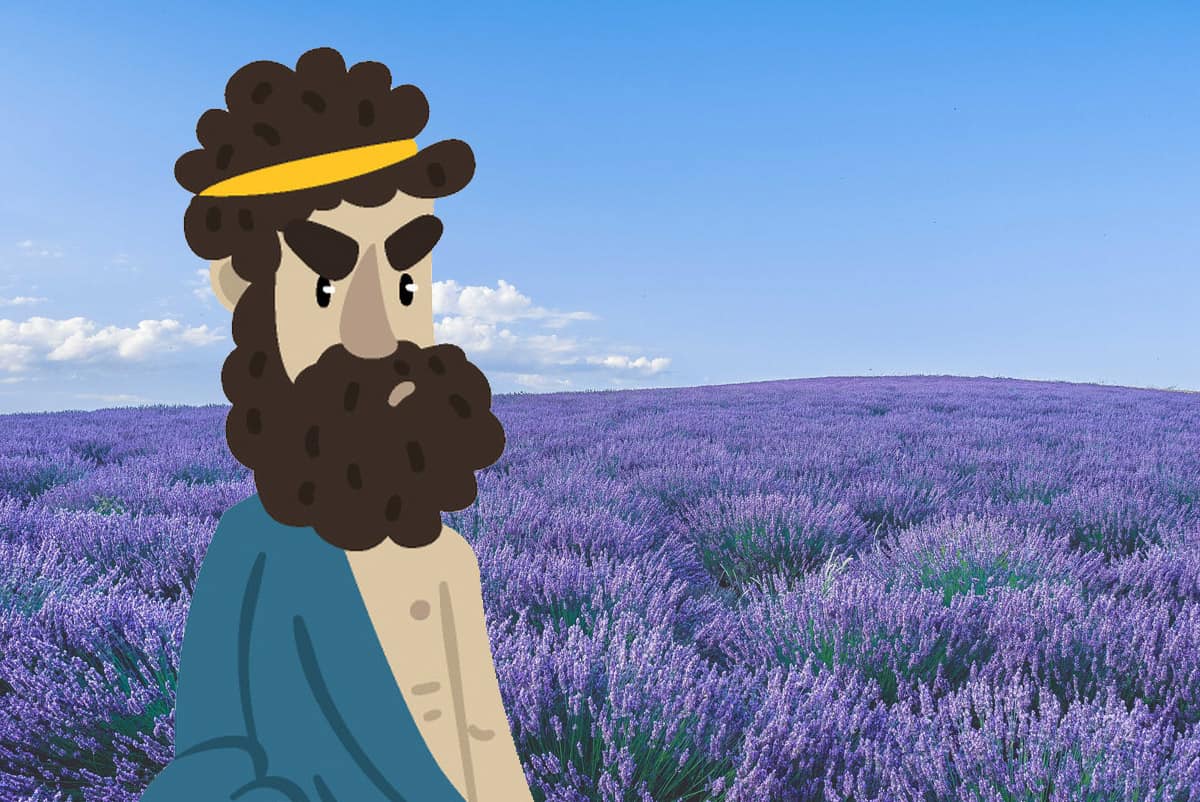
20. Like her brother, Hades, Hestia was separate from the affairs of their siblings
Hades rarely visited Olympus, while Hestia rarely left the hearth. Both did not deign to associate themselves with the too-human antics of the other gods.
22. On the Greek island of Kos, only men were allowed to be priests of Hestia
She was considered too central to Greek life and therefore above the knowledge and powers of mere mortal women.
23. Hestia was one of the deities who led Heracles up Mount Olympus to be united with his father.
The others are usually Apollo and Hermes.
Final Thoughts
Hestia is perhaps the least discussed of the Olympians, but this is far from the same as her being the least important. In fact, Hestia was a goddess amongst goddesses. In her own protective, domestic way, she was the heart of Olympus and the soul of every home.
Contents
- Interesting Facts about Hestia
- 1. Hestia was the firstborn child of the Titans Kronos and Rhea
- 2. She was the only one of Zeus’s sisters with whom he never had children
- 3. Her brother, Poseidon, and her nephew, Apollo, both proposed marriage to her.
- 4. Hestia was the antithesis of her aunt, Aphrodite
- 5. All offerings were given to Hestia first, followed by Zeus
- 6. Hestia’s job was to maintain the hearth of Olympus, and so all sacrifices came in part to her
- 7. She was replaced by Dionysus in later descriptions of the Twelve Olympians, but still featured heavily in myth
- 8. Her name literally meant ‘hearth’ or ‘fire’
- 9. Hestia’s Roman equivalent, Vesta, was rarely shown as a humanoid
- 10. Hestia’s (Vesta’s) Roman cult was one of the biggest and most famous in Ancient Rome
- 11. The Olympic Flame was inspired by Hestia’s sacred flame
- 12. She also resided at Delphi, where she maintained an eternal flame
- 13. Aphrodite’s son, Priapus, attempted to rape Hestia and was foiled by a donkey
- 14. Her sacred animal was the pig
- 15. Hestia was also the goddess of architecture
- 16. The kettle was one of her symbols
- 17. Hermes was considered a counterpart of Hestia
- 18. She was usually portrayed as a middle-aged woman
- 19. Newborn babies accepted into the family were blessed at the hearth
- 20. Like her brother, Hades, Hestia was separate from the affairs of their siblings
- 22. On the Greek island of Kos, only men were allowed to be priests of Hestia
- 23. Hestia was one of the deities who led Heracles up Mount Olympus to be united with his father.
- Final Thoughts

